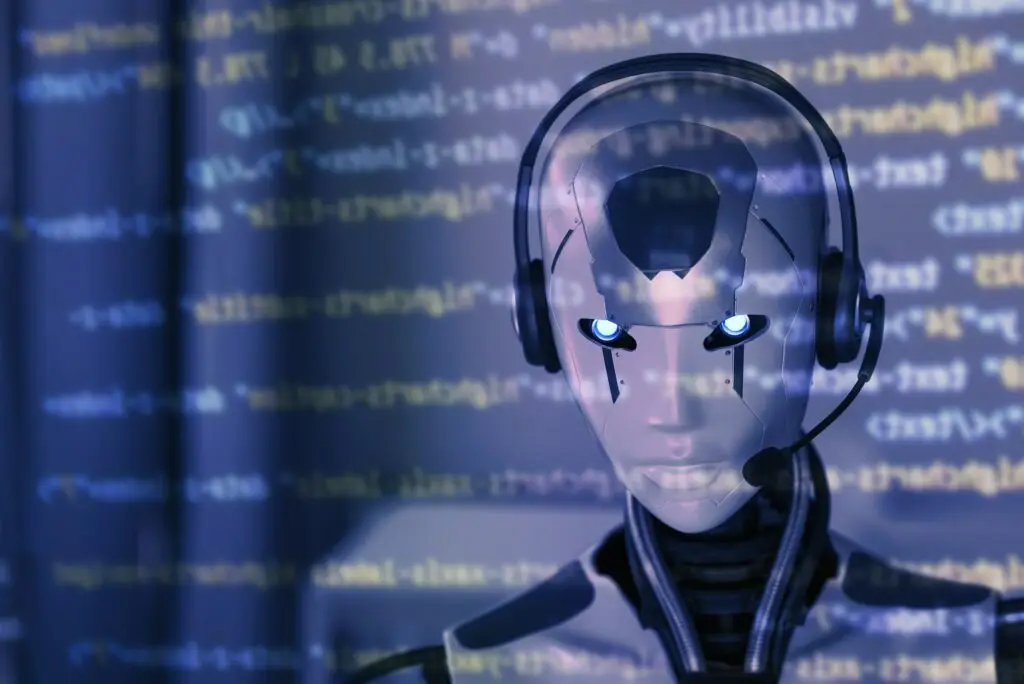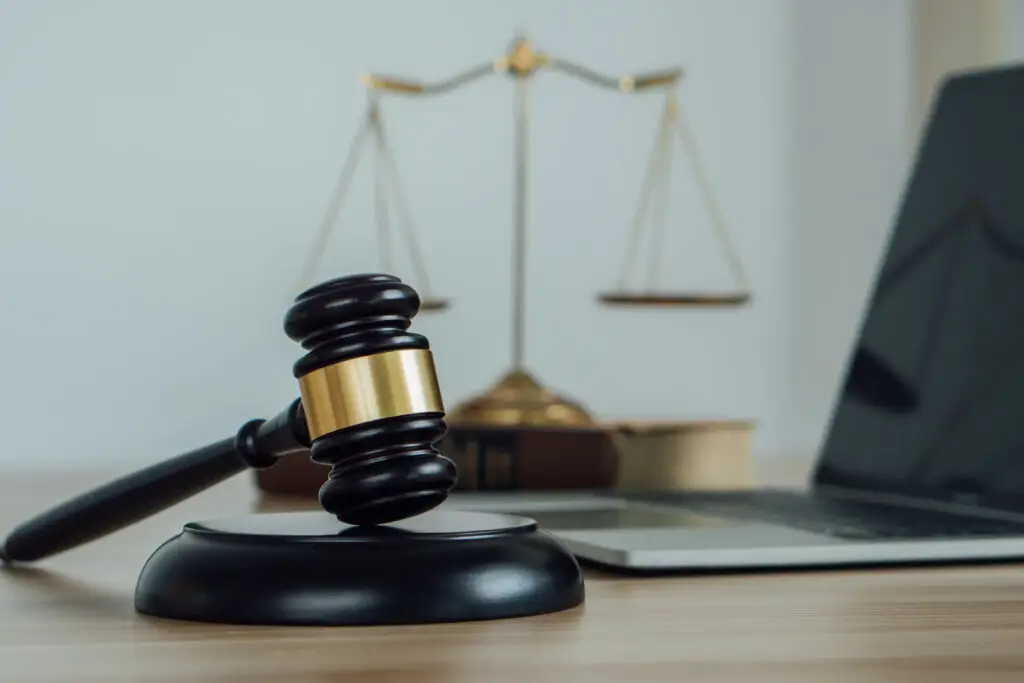Legal research and document reviews are incredibly important and critical tasks in the legal profession, and they take a lot of time and effort.
These jobs are typically done by paralegals, who often function as assistants to attorneys, lawyers, and other related professionals. Meaning that WHY AI is bad for paralegals comes down to a question of efficiency:
Artificial Intelligence now has the ability to completely automate almost all aspects of what a paralegal does, from research to document review, and as a result, will eventually remove the need for this profession to exist in the Western world.
AI-powered document review tools have the ability to analyze massive volumes of legal documents, such as contracts and court filings, and then identify all the relevant information it sees based on predefined criteria.
For example, AI can quickly scan thousands of legal documents to find one specific case, word, phrase, or story relevant to a legal case. It can analyze legal precedents in just a few seconds, and accurately identify relevant cases and statutes based on a specific set of criteria.
This is often the job of paralegals to figure out, but since an AI can do it cheaper, faster, and more accurately – the need for paralegals might be completely eliminated very soon.
In this article, I’ll show you a deeper look into the concerning future that the 350,000+ paralegals in the United States might be facing very soon.

George Washington University Study
Toni Marsh at George Washington University conducted an experiment examining ChatGPT’s efficiency versus human paralegals.
Essentially, one party used ChatGPT to write a contract — the others did it by hand.
Not surprisingly, even after spending a lot of time trying and failing to get the perfect prompt, ChatGPT finished significantly faster than the control group.
This means that the second prompt is set to include all the proper vocabulary, a law firm could essentially just have ChatGPT draft up all the contracts, statements, and other work that current paralegals are doing.
In fact, a lot of law firms have already figured this out. According to a Bloomberg Law survey, almost 20 of the biggest US law firms have now adopted ChatGPT.
It’s already happening.
If you want to learn more about the statistics, concerns, and public opinion on Artificial Intelligence you can check it out right here.

What this means for employment
Paralegals is a known white-collar job that has been an integral part of all law firms across the world since the 1960s. In the United States alone, there are about 350,000 thousand paralegals working daily – and this number is about to drastically change.
We already know from McKinsey that up to 800 million jobs could be lost to Artificial Intelligence by 2030, and I’ve discussed the risk that white-collar jobs are at right here before.
The rapid impact that ChatGPT has had on the profession, in less than a year, is undeniably casting a gloomy shadow over its future. Regrettably, it is one of the fields that is bound to endure the harshest consequences.
A Goldmann Sachs report showed that legal workers and administrative assistants are at the highest risk of being eliminated, and once that happens, there is no way back to a majority human workforce in the legal world.
The reality is that AI tools are amazing at drafting research memos, emails, and contract analyses that take humans a long time on a high salary to figure out.
Paralegals across the country are concerned, and rightfully so.

But paralegals will still be needed! Right?
Naturally, Artificial Intelligence cannot take over every aspect of what the paralegals do. Most paralegals will have a massive advantage over AI in any aspect that would require critical thinking.
However, that is not really the issue at hand.
With AI being put to do all the monotone tasks, and paralegals’ workload seeing an up to 80% reduction, you would by proxy just need a lot fewer paralegals.
Instead of hiring several paralegals, you just need 1 who also knows how to use AI.
Corporations and law firms are greedy, and would rather have an AI-generated script ready for them than one that includes human nuance. That’s just how the world works.
350,000 paralegals might just turn into less than 50,000 very soon.

What to do if you’re a paralegal currently trembling in your boots
If you’re one of the hundreds of thousands of paralegals in the United States and you are (rightfully) worried about the future of your profession, there are a few things you can work on to avoid losing your livelihood.
Successful people tend to be those who adapt. It is a tragedy that so many people who have worked as hard as they have to get to their current point in their careers will lose everything, but you can try to avoid being one of those by adapting appropriately.
- Work on things that AI cannot: networking, social-emotional skills, the human connection. Remember that regardless of how powerful and smart Artificial Intelligence becomes, it can never gain emotional intelligence or empathy. Spend time getting to know people in your field and develop skills in client interaction.
- Specialize. Find areas in your field of law that require a sort of specialization that Artificial Intelligence will struggle to replicate. This is more of a temporary solution because AI will inevitably just simply know everything anyway, but this will make you more useful for your employer for longer.
- Learn how to use AI. As much as I hate the fact that AI is turning into a technology that we have to learn against our will, it is starting to look like the only way to survive. For a lot of the paralegal jobs that will be left, the reality is that it’s not ChatGPT taking the jobs, it’s people who know how to use ChatGPT taking them.

Why AI Is Bad For Paralegals.
Because it is simply too effective to not be used, and corporations are starting to care less and less about the human nuance required in their fields if it means they earn more money.
The rise of Artificial Intelligence in the world and legal sector is presenting challenges that are detrimental to the field that was never expected before.
The adoption of AI tools like ChatGPT for paralegals is posing a threat to the entire traditional role of the profession and will result in hundreds of thousands of jobs lost.
Staying knowledgeable about the realities of Artificial Intelligence in today’s world is one of the best ways that you can survive the imminent rise of a technology we simply know little about.
The best you can do as a potential or current paralegal is to really work on the human aspect of your job. Instead of building skills in contract drafting and email writing, build skills in anything related to human connection.
Not only will this discourage employers from leaning too much on AI, but also help keep the human integrity that we are losing so quickly.
Good luck.
THIS ARTICLE WAS WRITTEN WITHOUT THE ASSISTANCE OF GENERATIVE AI